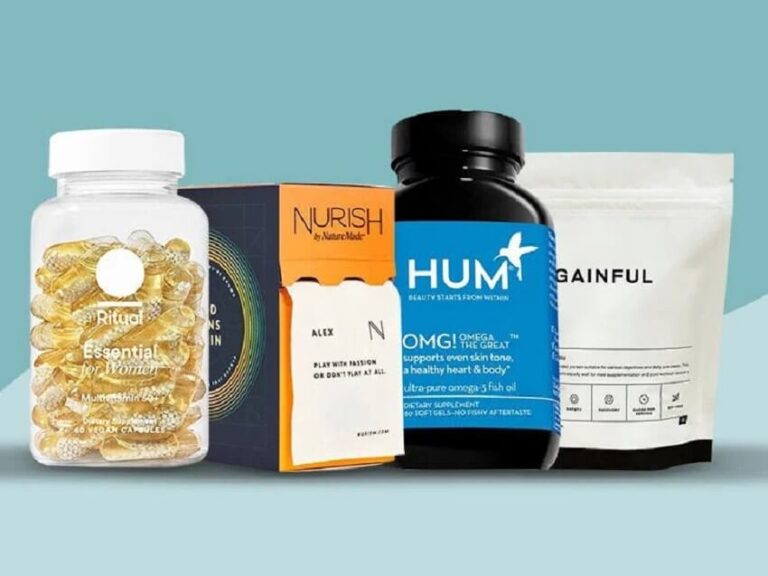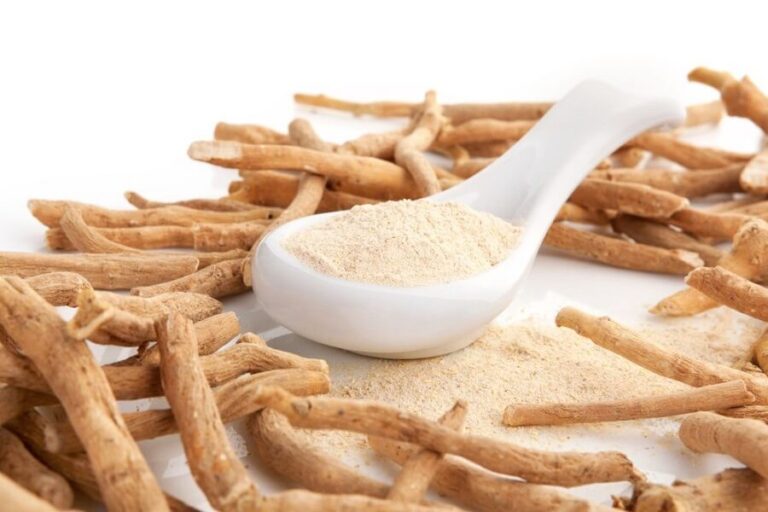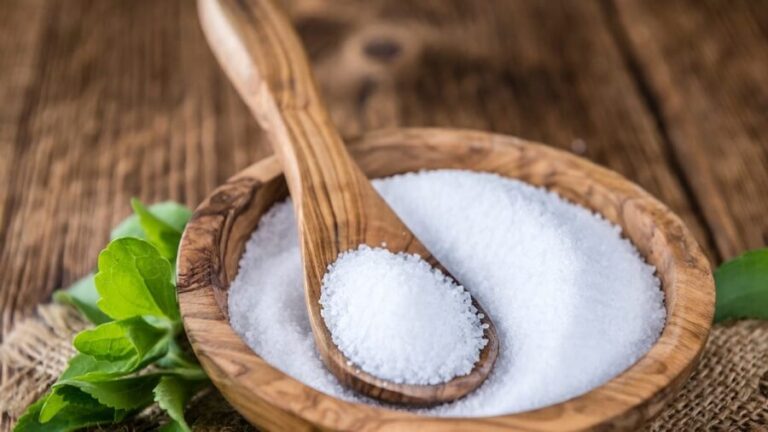Stevia is one of the sugar substitutes that has gained more popularity in recent years.
It is a low-calorie sweetener of natural origin, and there are practically no health hazards. However, as with other sweeteners, side effects may appear in rare cases.
This article analyzes the properties, uses, and side effects of stevia powder in detail.
What is stevia?
Stevia ( Stevia rebaudiana ) or also called stevia, is a plant belonging to the Asteraceae family. Due to the sweetening properties of some of its components: steviol glycosides, one of its most common uses is a natural sweetener.
Stevia is one of the natural products with the most excellent sweetening power, about 200 times more than white sugar. After a thorough analysis of its side effects, the FDA has included it in its list of additives allowed in the food and drug industry. (1)
Steviol glycosides do not provide calories or macronutrients. Therefore, stevia powder and liquid are products with potential treatment uses for type 2 diabetics.
Stevia flavor: Why is it sweet?
Stevia leaves contain about ten sweet-tasting components called steviol glycosides. The best known are stevioside and rebaudioside. The products found on the market usually have only stevioside in their composition.
Some people often notice a slightly bitter taste in stevia. This is due to the presence of some compounds found in the plant, and current technologies have not yet been able to extract them. Today, manufacturers are doing their best to identify these compounds and remove them to eliminate the bitter taste. (2)
Stevia benefits
The health benefits of stevia are still controversial in the scientific community. It has been confirmed that it is an excellent substitute for sugar for people with diabetes since it does not modify blood insulin levels. However, its effects on losing weight are not yet apparent. The benefits of stevia are:
- Regulate blood sugar levels
For people with diabetes, stevia is an ideal sugar substitute. Studies have confirmed positive results of the use of stevia on blood glucose levels. (2,4,5)
To achieve this benefit, research recommends an intake of 4 mg/kg of body weight of steviol glycosides per day—the equivalent of 0.3 g per day for a 70 kg person. As well as suggest that all products based on the stevia plant should be purified and, if possible, not be combined with other sugars or syrups. (5)
- It can help you lose weight
Stevia does not provide calories, so one of its possible benefits is losing weight in overweight and obese people.
Although, it is essential to know that this is one of the benefits scientists have not yet confirmed.
Some studies do not recommend excess sugar substitutes, including steviol glycosides. (3,4,6) Such research suggests a trend between dependence on sweet taste and the amount of food eaten.
As well as that, there can be neuronal adjustments similar to those of consuming white sugar. While there are still more studies to be done, it is known that the relationship between low-calorie sweeteners and weight loss is not entirely direct.
- To lower cholesterol
Consuming sugar (sucrose) can increase levels of bad LDL cholesterol. The stevia group improved lousy cholesterol and triglyceride levels in a study comparing cholesterol levels with sugar and steviol glycosides. (6)
The study concludes that consuming stevia alone cannot lower harmful cholesterol levels. Substituting steviol glycosides for sugar is an effective way to help normalize your levels.
- As a treatment for herpes type-1
The alcoholic extracts of the plant have potential properties in inhibiting the activity of the Herpes virus type-1. In vitro tests have shown promising results. Although there are still more studies to be done, this likely is one of the benefits of stevia to be used in the future.
Stevia side effects
Stevia is considered a safe sugar substitute. (5,6,7) There is sufficient evidence to affirm that most of the population does not experience long- and short-term side effects.
In rare cases, the side effects of stevia are:
- Diarrhea
- Sickness
- Acidity
- Swelling
- Allergic reactions
On the other hand, people with diabetes should avoid stevia-based products containing sugar, glucose, or maltodextrin. These compounds can alter the glycemic load of foods and cause serious side effects in diabetics.
Stevia contraindications
Studies suggest that the contraindications of steviol Reb-A glycosides are:
- Pregnancy and breast-feeding: There is insufficient evidence to confirm that stevia is entirely safe for pregnant and lactating women. In particular, unregulated household products should be avoided.
- Allergy to plants in the Asteraceae family: Stevia shares properties with sunflower, safflower, endive, marigold, and other plants. If you have previously detected allergies to them, you should rule out the use of products derived from steviol glycosides.
- Lithium Medications: Taking stevia can alter the metabolism of lithium in the body. If you are taking medications with lithium, consult your doctor beforehand.
Stevia and cancer
Some studies suggest that one of the benefits of stevia extracts can be used to prevent certain types of cancer. (8)
It is not stevioside but other as yet unidentified compounds that possess antioxidant and antiproliferative activities of cancer cells in the colon and pancreas. (8)
As well as the effects of the use of stevia extracts as a treatment for skin cancer have been confirmed. In an animal study, specific plant components were shown to be potential inhibitors of cancer cells in the skin. (9)
While these results are promising, more studies still need to be done to confirm these benefits.
Uses of stevia
Stevia has a sweetening power 200 times more than sugar, so it must be used in small quantities. It is recommended not to heat it to temperatures higher than 200 degrees as it can acquire a strong bitter taste.
Stevia goes well with acidic foods. It is capable of neutralizing the flavor of lemon and citrus. It can also be added to natural yogurts and prepared as ice cream for people with diabetes. The uses of stevia are:
- Smoothies and natural juices
- Oat pancake
- Fruit tarts
- Coffee or tea
- Isotonic drinks
- Sweet cookies
- Ice creams
- Toothpaste
- Mouth rinses
History of stevia
In South America, the guaranís were the first to use stevia as a beverage sweetener. In the 1970s, the Japanese were the first to industrialize the production of steviol glycoside powder.
Subsequently, the United States and the European Union allowed stevia powder derivatives (Reb-A) as an additive in food and medicines. Currently, production is increasing exponentially.
ABSTRACT
Stevia is one of the natural non-nutritive sugar substitutes. It does not provide significant calories or macronutrients: carbohydrates, proteins, and fats.
The uses of steviol glycoside-based powder are a treatment for diabetics and to lower cholesterol. Regarding weight loss, studies are not conclusive yet.
Stevia alcoholic extracts have potential properties to be used as a treatment for type-1 herpes and prevent certain types of cancer. Stevia is considered safe for most of the population, although some may experience mild side effects such as nausea, allergies, and heartburn.







